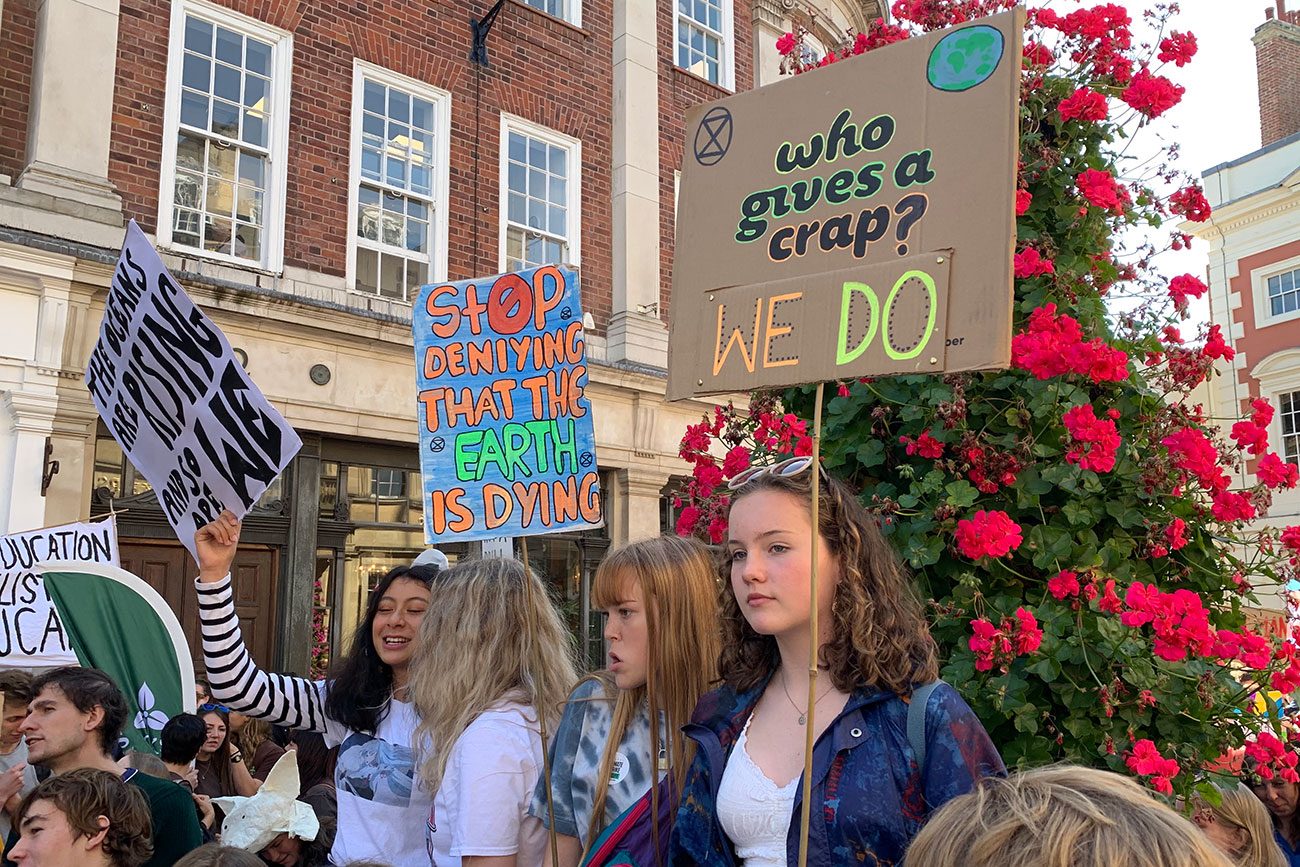York will not be carbon neutral by 2030 – as council analysis reveals it would cost up to £3 billion to get close to achieving a zero carbon city within the next decade.
But councillors aim to reduce emissions significantly in the next ten years.
And initiatives to cut CO2 may include encouraging residents to eat less meat and dairy, tackling food waste and boosting walking and cycling.
‘Gamification’ could also be used to push residents towards greener lifestyles – with people rewarded for following low-emission behaviours, a council meeting heard.
City of York Council declared a climate emergency in March 2019 and committed to becoming carbon neutral as a city by 2030.
But detailed analysis of York’s carbon emissions has now revealed it could cost up to £3 billion to roll out all the technically viable options to cut CO2 – and this would reduce 69 per cent of the city’s predicted emissions by 2030.
Hundreds of jobs
Measures to cut carbon emissions in the city will have economic benefits though – and could create hundreds of new jobs – according to research.
Shaun Gibbons, York’s new head of carbon reduction, told councillors there are several options for reducing emissions – totalling between £1.1 billion and £3 billion.
He said: “None of these pathways indicate a technically feasible date of 2030 for zero emissions for York.
“These costs could range quite widely but the fundamental message here is that the financial implication of decarbonising quickly is more significant.”
The biggest source of emissions in York is transport, followed by domestic housing.
Mr Gibbons said City of York Council could tackle the “tough” challenge of making its own operations carbon neutral by 2030 – by making its 7,500 council homes more energy efficient, upgrading its vehicles and office buildings and offsetting emissions by planting 50,000 trees.
And this work could encourage private companies and organisations in the city to follow.
Cllr Rosie Baker said: “I’m really buoyed on by the fact that technically we could, as a council, be carbon neutral by 2030. That’s a wonderful ambition that we should stick to.
“Let’s be the game changers and lead on that.”
More realistic

North Yorkshire and York Local Enterprise Partnership has set a carbon neutral target of 2034 for the region, while West Yorkshire Combined Authority’s target is 2038.
Cllr Christin Vassie, chair of the climate change committee, added: “We’re now moving to realism and to creating plans that can actually deliver what we all want to see.
“Elected members are so pleased to have made this step shift from just talking in the dark about our favourite form of public transport to the makings of a plan that can actually deliver us a future.
“We’re all grateful to you and grateful to the council for taking this step forward.”
The report says the measures that will make the biggest cuts to emissions in York are insulating domestic buildings, upgraded heating controls in homes, electrical and appliance upgrades in homes and swapping petrol cars for electric vehicles.
The report adds: “Some of the ideas for innovative options identified elsewhere that could also be considered for York include targeting a full transition to net zero homes and public/commercial buildings by 2030, promoting the rapid acceleration of active travel (e.g. walking and cycling), tackling food waste, reducing meat and dairy consumption and reducing concrete and steel consumption/promoting adoption of green infrastructure.”
